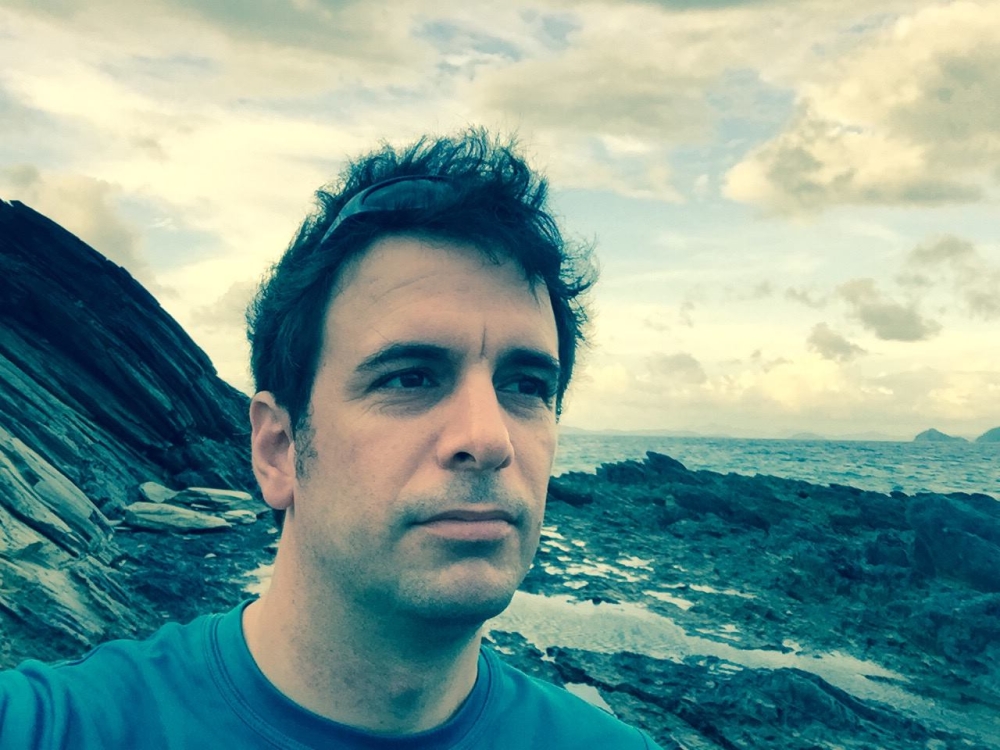I HAD only been in the Philippines for a few months when I agreed to accompany Dr. Hiroto Ueda of the University of Tokyo on a day trip to Cavite. His goal was to contact a group of Chabacano speakers for his research. He had to find speakers, converse with them and also record them with their permission. This is what linguists call doing fieldwork. Nursing a hangover and having slept less than two hours, it crossed my mind not to show up at the meeting point, but I thought about the sad situation of the disoriented Japanese professor and what he would think about the Spaniards, so I showed up and acted as a guide throughout the day. I did not regret it at all because it was a memorable experience.
It was not difficult for us to find Chabacano-speaking families in Cavite; most of them live in the San Roque barangay. These families were very humble, but they were extraordinarily hospitable and helpful even though they did not fully understand what the Japanese professor's purpose was. But what surprised these Caviteños the most was that I, a European, could understand them almost perfectly. During those visits, going from house to house, a grandfather who seemed to have a certain authority in the community came and said what he had heard so many times since: "Chabacano is not even a language. It's just broken Spanish!"
Continue reading with one of these options:
Ad-free access
P 80 per month
(billed annually at P 960)
- Unlimited ad-free access to website articles
- Limited offer: Subscribe today and get digital edition access for free (accessible with up to 3 devices)


